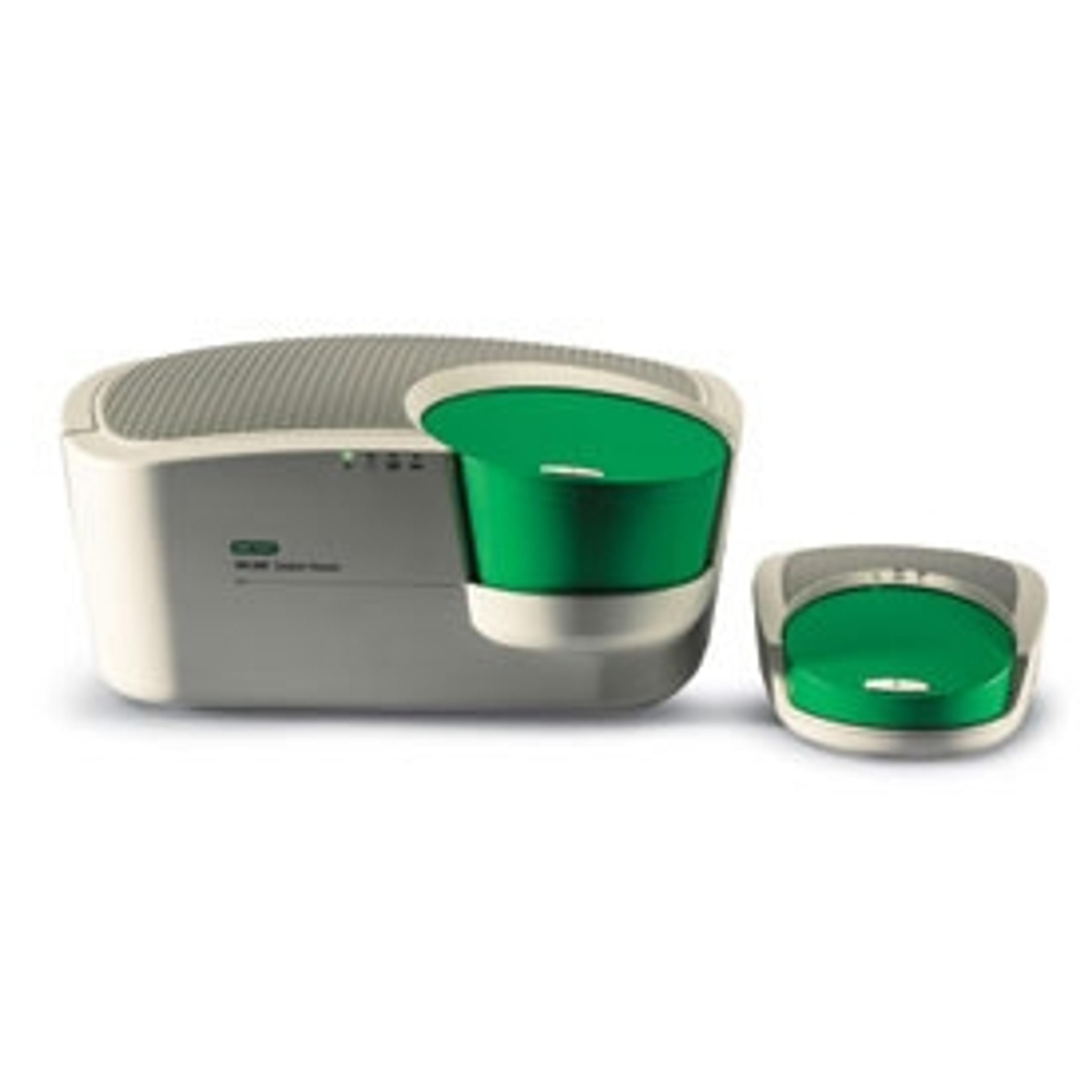Bio-Rad Expands Portfolio of PrimePCR™ Assays for Droplet Digital™ PCR
21 May 2014
Bio-Rad Laboratories, Inc. announces an expansion of its line of PrimePCR probe assays for Droplet Digital PCR that adds another 56 assays for mutation detection and 109 assays for copy number variation (CNV) analysis to Bio-Rad’s catalog of existing assays for use on its QX100™ and QX200™ Droplet Digital PCR systems.
The new Droplet Digital PCR (ddPCR™) assays are the only available assays that are predesigned and fully wet-lab validated for digital PCR, which frees researchers from time-consuming and labor-intensive assay design and experiment optimization.
Many conventional methods, such as qPCR and next-generation sequencing, offer poor selectivity, fail to detect events with frequencies of less than one in 100 wild-type sequences, and lack the resolution needed to accurately analyze CNV. However, Bio-Rad’s ddPCR technology provides an absolute measure of target DNA molecules and, together with PrimePCR mutation detection assays, can enable detection of one mutant molecule in a background of 2,000 wild-type molecules in a single well without the need for a standard curve. Measuring these extremely low levels of mutation abundance could lead to the development of new diagnostics that are less invasive and dramatically more sensitive. In addition, the high precision and absolute quantification made possible by PrimePCR ddPCR assays enable the quantitative discrimination required to resolve small fold changes in gene copy numbers for CNV analysis.
Professor Per Guldberg, a group leader at the Danish Cancer Society, has been using PrimePCR ddPCR assays to detect mutations in neoplastic cells from body fluids. The assays are helping his lab uncover oncogenic biomarkers for bladder cancer, malignant melanoma, and other types of cancers.
“We have found the PrimePCR digital PCR assays to be very robust and specific with a high signal-to-noise ratio,” said Guldberg. “They have also helped us by entirely eliminating the need for cumbersome assay design and optimization.”
The mutation detection assays include those for deletions in the anaplastic lymphoma kinase (ALK) gene, which are believed to be associated with acquired resistance to ALK tyrosine kinase inhibitor (TKI) cancer therapy. The assays also target mutations associated with other cancers such as pancreatic cancer, melanoma, and lymphomas. Many of the CNV assay targets are associated with cancers (leukemia, melanoma, and uveal melanoma) and neurological diseases.
PrimePCR digital PCR assays are available in multiple reaction sizes and are compatible with both the QX100 and QX200 ddPCR systems using the ddPCR supermix for probes (no dUTP).

